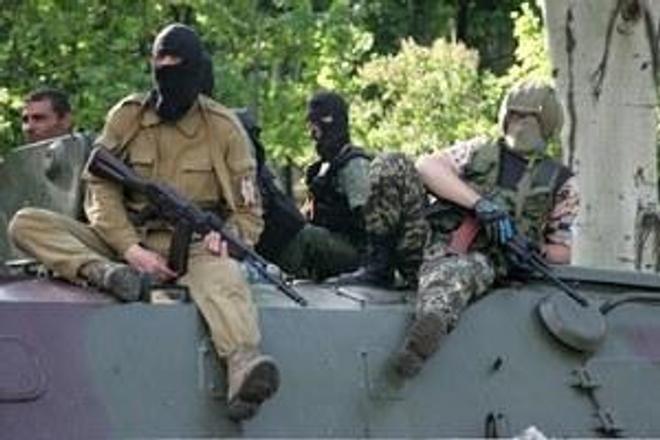One part of the information the MPs present at the meeting received was that most of the Slovaks fighting for the Islamic State have died, the SITA newswire reported.
“There were 10 fighters, and now it is nearly zero, as they have died,” deputy chair of the parliamentary committee for monitoring the SIS activities Anton Martvoň said, as quoted by SITA.
Regarding the number of Slovaks fighting in Ukraine, Martvoň said that it is hard to say how many of them there are.
“It is, however, more than 100,” Martvoň said, as quoted by SITA, adding that serving in a foreign army is considered a crime.
Valko also informed the MPs about the possible threats to Slovakia. These are posed particularly by returnees who fought alongside foreign armies.
“Many returnees, more than 100, are in Austria; and as for Schengen they can also be a possible threat for Slovakia,” Martvoň continued, adding that SIS monitors such cases.
Among other discussed topics was corruption, with Valko saying that they monitor such activities and inform the responsible authorities about their findings. They added, however, that it is up to other state bodies to say why several corruption cases have not been investigated yet, the TASR newswire wrote.
“There was an interesting question whether SIS provided some information about shell companies,” head of the parliamentary committee which monitors SIS activities Pavol Abrhan (Christian Democratic Movement – KDH) said, as quoted by TASR, adding that they actually got such information and sent it to other authorities.
When asked who is actually responsible for the corruption cases not being investigated, Martvoň said that SIS fulfils its duties, but there are also criminal bodies which investigate and courts which issue rulings, as reported by TASR.
“To obtain information about a person's corruptive behaviour is easier than to prove it and capture the person,” he added.



 Illustrative stock photo (source: AP/SITA)
Illustrative stock photo (source: AP/SITA)